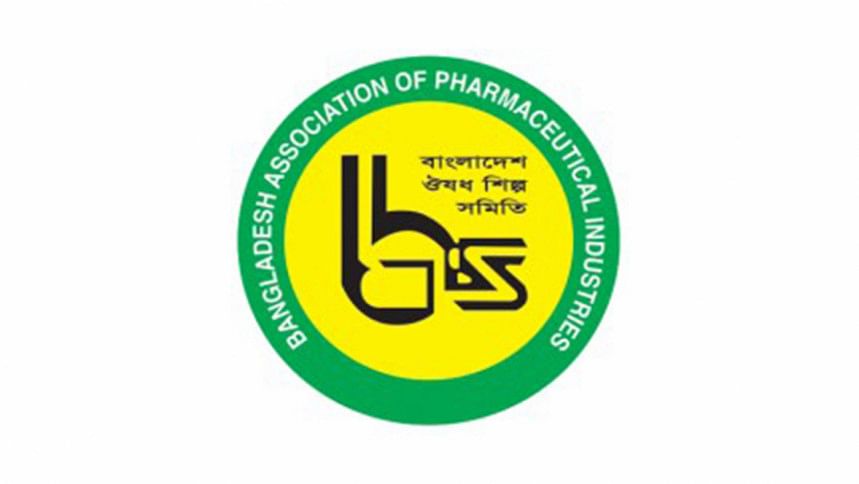Drug-makers seek govt help to normalise labour situation

After a series of abrupt labour agitations caused a rare stir in the country's comparatively steady pharmaceutical sector, drug manufacturers said they want the government to mediate the ongoing labour situation.
The labour agitation, which has been continuing for the past couple of weeks, has already shuttered production at 19 big pharmaceutical plants and shows no sign of easing anytime soon.
Terming the situation "very challenging", drug-makers at a press conference yesterday questioned abrupt worker demands such as job regularisation and salary hikes.
"We are helpless. Workers are placing demands one after another. We do not know how to deal with the situation," said Abdul Muktadir, president of the Bangladesh Association of Pharmaceutical Industries (BAPI), at a press conference at the association office.
The association, which represents around 250 pharmaceutical companies, including exporting firms, said they want the government to mediate as the agitated workers are not listening to them.
According to Muktadir, there has been no labour unrest or agitation in the pharmaceutical industry for the past 50 years.
"At this time, it is very important to stop the marches, siege programmes or destructive activities with all the demands and continue the production activities in the factories with full enthusiasm," he added.
I like to call upon all concerned to be patient and take steps considering the interests of the country, he said.
"We have come to know that recently in many parts of the country, workers in many pharmaceutical industries are agitating 'illogically' and 'vandalising' structures for various 'unreasonable' demands," Muktadir added.
He said initially the workers demanded Tk 18,000 as the minimum salary. Later it rose to Tk 20,000 and now they are demanding Tk 24,000.
He alleged that the workers were preventing officials from entering many factories, leading to production disruptions.
If the situation continues like this, the companies will have to shutter production and eventually, there will be a shortage of medicines in the country, he added.
"An evil force is playing an active role in a far-reaching conspiracy to disrupt the development of an internationally recognised, self-sustaining and growing pharmaceutical industry and to destroy it," commented Abdul Muktadir.
"Medicine is a life-saving commodity. If the production is disrupted due to labour agitation, medical care for many will be in limbo," he added.
He said the drug-makers are not getting any support from the government or anyone else to deal with this critical situation.
He said, "We want a solution now and continue production. We want to reach a consensus with the workers in the presence of the government."
Regarding the worker demands, he said, "Some of the demands can indeed be fulfilled, but some demands cannot be fulfilled at this time."

 For all latest news, follow The Daily Star's Google News channel.
For all latest news, follow The Daily Star's Google News channel. 



Comments